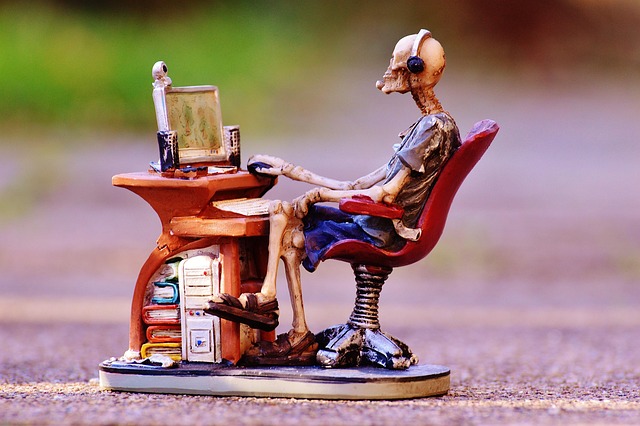In today’s hyper-connected world, the pervasive influence of social media is an undeniable reality. We find ourselves caught in a whirlwind of likes, shares, and endless scrolling, often oblivious to the toll it takes on our mental health and well-being. If you’ve ever felt that twinge of anxiety when you put your phone down, or the uncontrollable urge to check for notifications, you are not alone. The phenomenon of internet addiction, particularly spurred by social media, has emerged as a pressing modern dilemma.
Social media platforms are designed to keep us engaged, employing algorithms that tailor content specifically to our interests and preferences. This customization might feel harmless at first, but it can quickly escalate into an overwhelming need to be constantly connected. The impact of social media is exacerbated by the fear of missing out (FOMO), where the desire to stay updated on friends’ lives often leads to hours wasted online, plagued by the anxiety of not being part of the ‘conversation.’
Research on internet addiction highlights its symptoms: loss of control over usage, neglect of real-life responsibilities, and deterioration of face-to-face relationships. Many users find themselves spending significant portions of their day lost in a digital world, sacrificing personal connections and daily activities. Such habits can lead to mental health issues, including depression and anxiety, making the cycle even harder to break.
The paradox is that social media can simultaneously serve as a platform for connection while isolating us from genuine human experiences. As we scroll through curated glimpses into others’ lives, we may feel an increasing sense of inadequacy, leading to a vicious cycle of comparison and discontent. This drawn-out exposure can distort our perception of reality and foster a deeper sense of loneliness.
In confronting internet addiction, particularly related to social media, it’s vital to cultivate awareness of our usage patterns. Setting boundaries around screen time, engaging in digital detoxes, and prioritizing real-world interactions are essential steps. Mindfulness practices can help bring us back to the present moment, allowing us to appreciate life beyond the screen.
Opening up dialogues with friends and family about our experiences online can foster healthier digital habits. Creating a support system can encourage accountability, making it easier to address internet addiction together. Moreover, recognizing the triggers that lead to excess social media usage allows for more effective coping strategies.
The challenge of internet addiction, especially when it involves social media, is complex and pervasive in our society. By taking small, conscious steps to prioritize our mental health, we can begin to unravel the grip that the internet has on our lives and reclaim the authentic connections that matter most.



